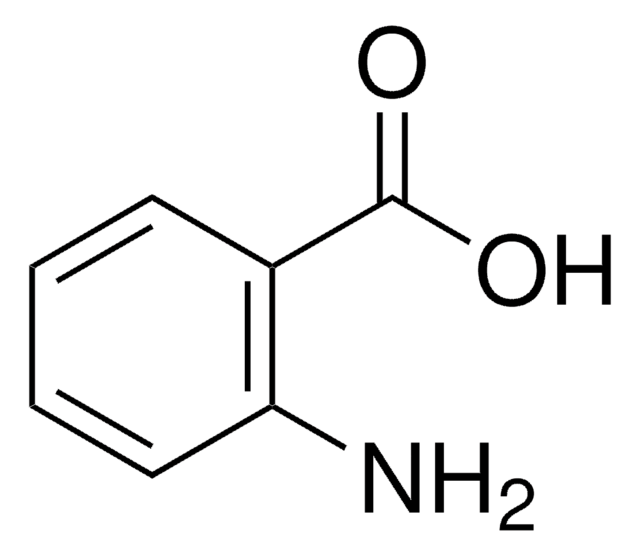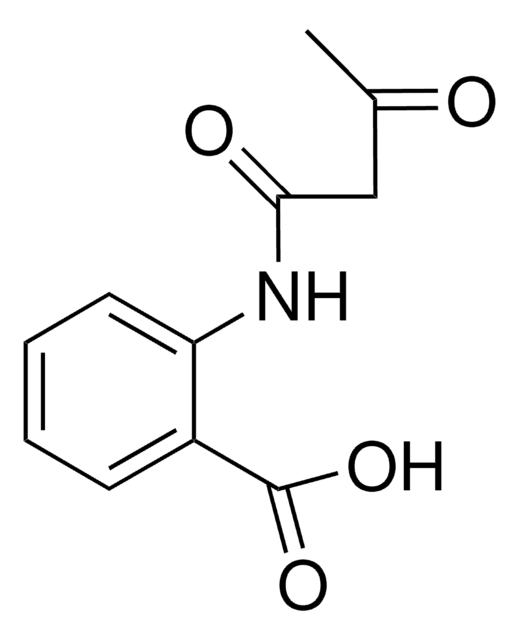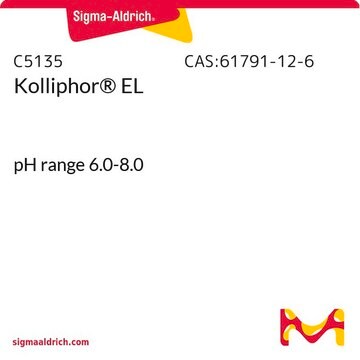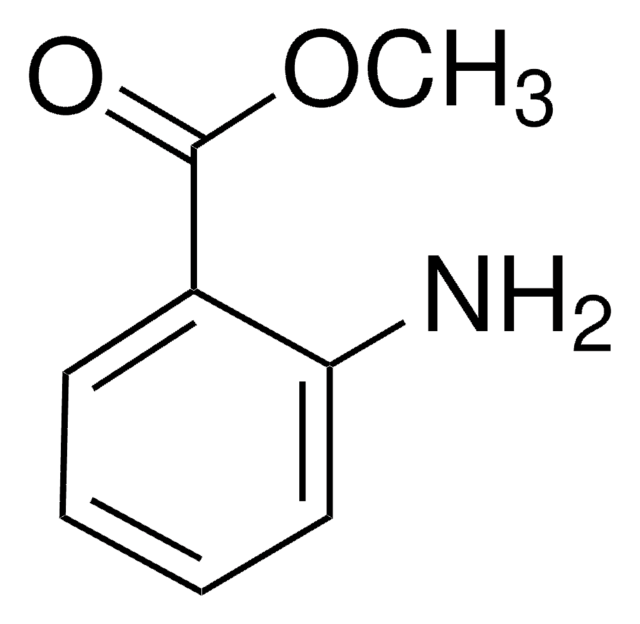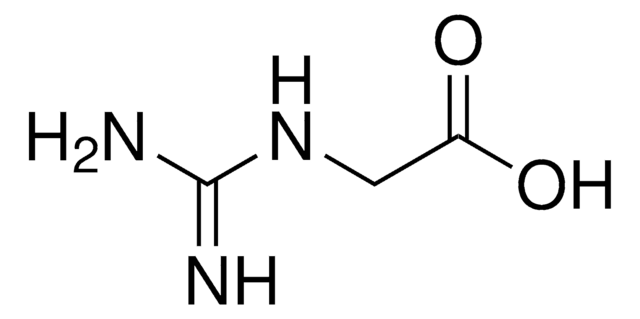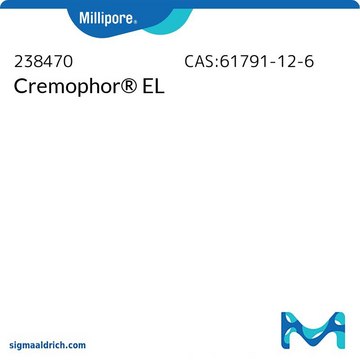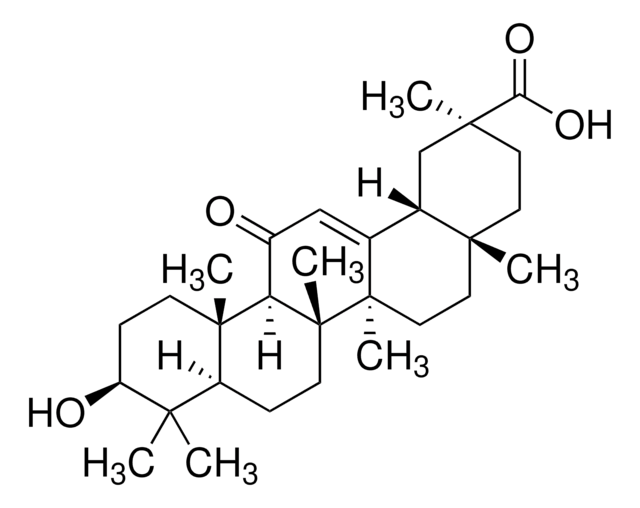推薦產品
化驗
≥98% (HPLC)
形狀
powder
顏色
white to off-white
溶解度
DMSO: ≥20 mg/mL
儲存溫度
room temp
SMILES 字串
CCCCCc1ccc(\C=C\C(=O)Nc2ccccc2C(O)=O)cc1
InChI
1S/C21H23NO3/c1-2-3-4-7-16-10-12-17(13-11-16)14-15-20(23)22-19-9-6-5-8-18(19)21(24)25/h5-6,8-15H,2-4,7H2,1H3,(H,22,23)(H,24,25)/b15-14+
InChI 密鑰
GAMRBCZMOOMBSQ-CCEZHUSRSA-N
一般說明
應用
生化/生理作用
訊號詞
Warning
危險聲明
危險分類
Aquatic Acute 1 - Aquatic Chronic 1
儲存類別代碼
11 - Combustible Solids
水污染物質分類(WGK)
WGK 3
閃點(°F)
Not applicable
閃點(°C)
Not applicable
分析證明 (COA)
輸入產品批次/批號來搜索 分析證明 (COA)。在產品’s標籤上找到批次和批號,寫有 ‘Lot’或‘Batch’.。
客戶也查看了
文章
Phospholipase A2 (PLA2) designates a class of enzymes that hydrolyze the sn-2 ester of glycerophospholipids to produce a fatty acid and a lysophospholipid. It has become clear that some of these enzymes liberate arachidonic acid in mammalian cells for the biosynthesis of eicosanoids, and thus there has been considerable interest in developing PLA2 inhibitors. Based on amino acid sequences, there are now more than 12 distinct groups of mammalian PLA2s, as well as many non-mammalian forms, all of which have been classified into 14 distinct groups with many subgroups.
We offers many products related to transient receptor potential channels for your research needs.
我們的科學家團隊在所有研究領域都有豐富的經驗,包括生命科學、材料科學、化學合成、色譜、分析等.
聯絡技術服務